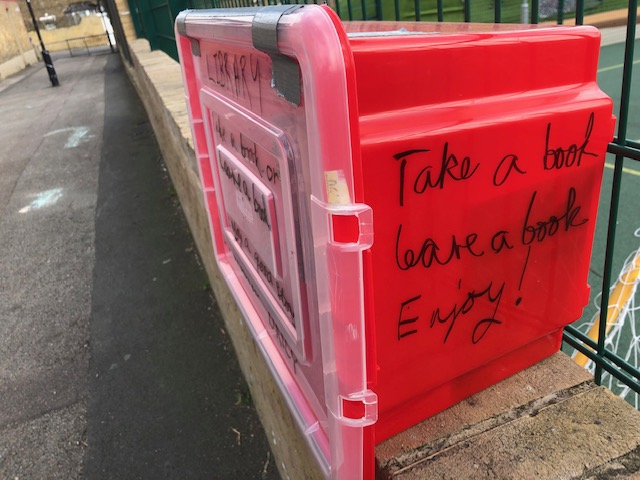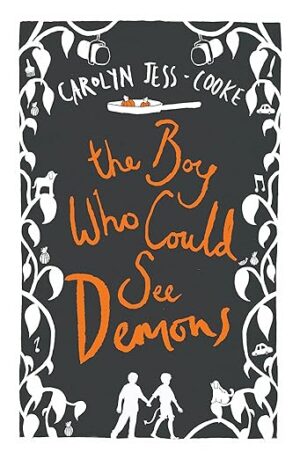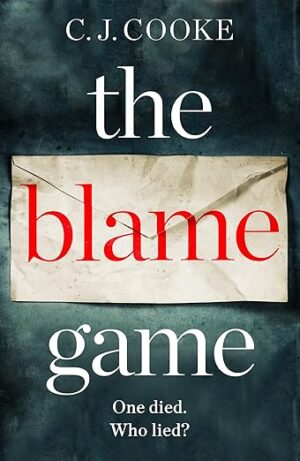Necessity is the mother of invention and the Coronavirus pandemic is bringing out the inventiveness in all of us. Living in a locked down country with far too much time on our hands doesn’t compare to an extended holiday, hence the need to find a way around the school closures, business shutdowns, and disruption to everyday life. While some of us are signed up to online exercise classes, our kids are being taught in virtual classrooms, and even though concerts are a No, No, that hasn’t stopped us tuning in to live streamed performances from musicians.
Public libraries are also closed, which is no big deal if you’re lucky enough to own a book collection but for those who don’t, the closures are unhelpful for a-number-of reasons. A library isn’t just a place to study or borrow books it also connects the elderly, the lonely, and people with few places to meet. Think about the friendships that started in libraries, or the reading groups they hosted which evolved into online communities. Libraries are also a cheap way of accessing an unlimited supply of books because they’re free to join, with users only paying a fine if books are returned late. In the borough where I live fines can be anything from 30 pence a day to a maximum of £15.00.
Although book prices are generally inexpensive it’s worth remembering that £5/£10 for a paperback is a stretch for those on low incomes. Audio books and E books are also fairly- cheap with a monthly cash outlay which, though small, is still a big spend if you haven’t got much money to begin with. Reading must never become a luxury affordable to the few and while the libraries are temporarily out of action, it’s vital that people should be able to access books without breaking the bank.
A number of stations on the London Underground network have areas where the public can either help themselves to second-hand books, or drop some off for others to read. Unfortunately Coronavirus has (for the time being), put paid to that scheme since most of the stations are closed. Thankfully, that hasn’t stopped local communities from stepping in with their own initiatives. One of our neighbours filled a red plastic crate with books, wrote a notice inviting people to help themselves and to add to the stock, before strapping it to the railings of the nearby primary school. They even disinfected the crate and its contents! How’s that for good neighbourliness? Instinct tells me that in the coming days and weeks quite a few of these book crates will be popping up on walls, gates, steps, and anywhere else that’s convenient.
I’m not for one moment implying that gestures like this will adequately fill the void the libraries have left behind. In these troubled times it would take an off the scale Herculean effort to replicate the entirety of what they bring to local communities. What I am saying is that the Coronavirus pandemic isn’t likely to end anytime soon and until then all of us will have to find our own way of surviving weeks of enforced lockdown. Online danceathons, pub quizzes, or Zumba classes might work for some, but there are others who prefer to read and if they can’t afford to buy or even borrow a book then maybe a plastic crate holds the solution.















